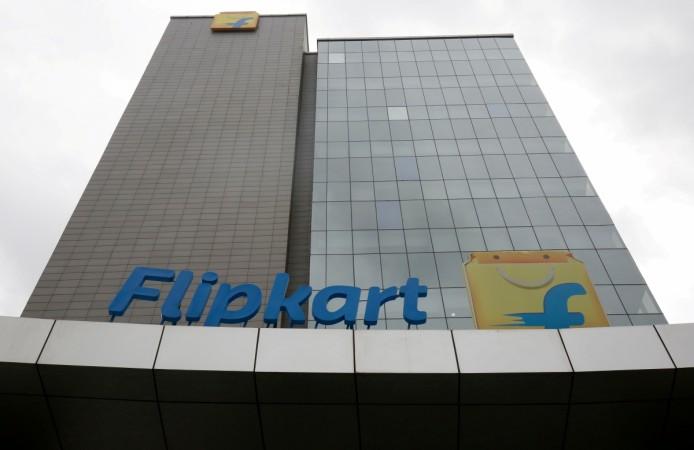
Although blindsided by surprise Chinese support for global guidelines for e-commerce, India is holding out against World Trade Organization (WTO) discussions for an international online commerce regime set to begin next month, media reports say.
New Delhi is on the throes of developing its own e-commerce policy pushing for mandatory local data storage for e-commerce platforms. It is significant that the draft policy that it recently released takes aim at Chinese e-commerce platforms for security risk, even as it is suspected that Alibaba boss Jack Ma is behind Beijing's sudden shift on global norms.
"The deal has been pushed by Jack Ma-led Chinese e-commerce conglomerate Alibaba, which has partnered with the WTO and the World Economic Forum (WEF) to create the Electronic World Trade Platform (eWTP) — an e-commerce trade portal for small enterprises," a report in Business Standard said citing an unnamed commerce department official.
India's recent restrictions on e-commerce platforms had rattled giants like Amazon and Walmart-owned Flipkart that are massively invested in the fast-growing Indian economy.
New Delhi is worried that global guidelines might provide unfair mandatory market access to foreign companies hurting the domestic e-commerce sector. "While India should accept technology as it comes, we need to know which segments it will hurt most. A disruptive move like this will see tech-driven commerce displacing a significant number of players in the traditional market," the website quoted trade expert and Jawaharlal Nehru University professor Biswajit Dhar as saying.
The official said India will keep off amid fears that the WTO effort will create guidelines that would serve as the basis of international agreements on e-commerce favouring richer nations "owing to the nature of the developed market systems and penetration by online firms in the retail space."
The Indian e-commerce policy draft warns about the dangers of massive revenue and data loss from a global e-commerce regime. It also seeks mandatory localization and tech transfer that developed economies have resisted for long.
Another requirement that could rankle with global e-commerce giants is the attempt to create policy space "to seek disclosure of source code for facilitating the transfer of technology and development of applications for local needs, as well as for security".
New Delhi sees the WTO's departure from the consensus route in introducing a policy change without consultation among all 164 member-nations. Indian officials are trying to resist the imposing of the interests of a few nations on a multilateral platform. Ignoring protests from some major economies including India, 76 nations including most of the developed ones last month agreed to begin talks on the subject. The decision supported by the EU and the US was apparently taken on the sidelines of the WEF in Davos.

















